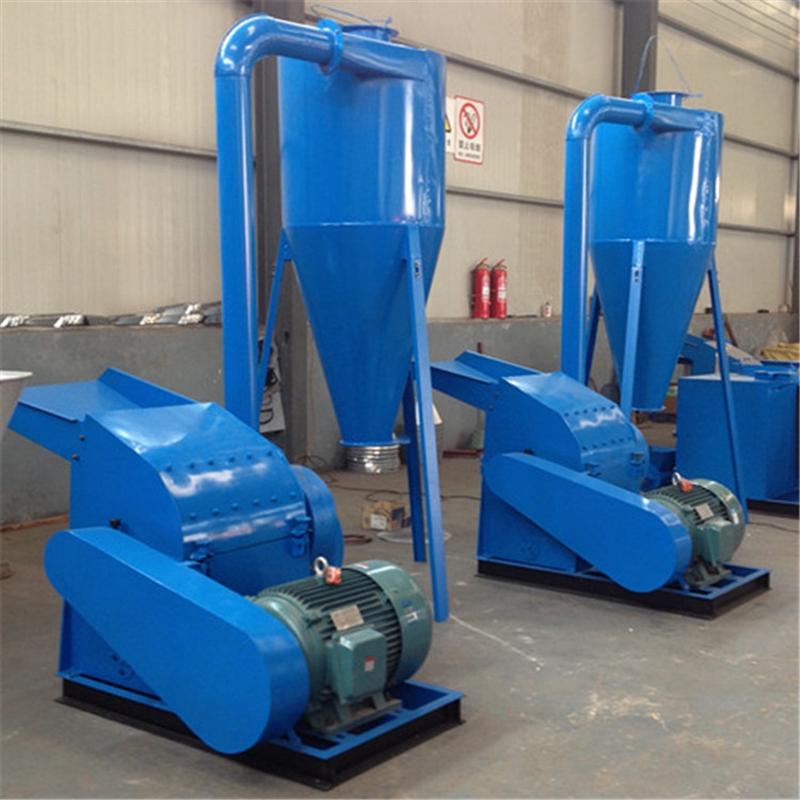plastic cage for chicken
Dec . 19, 2024 21:21 Back to list
plastic cage for chicken
The Advantages of Plastic Cages for Chickens
In modern poultry farming, the welfare of chickens and the efficiency of production processes are paramount concerns. As farmers seek better solutions for housing their flocks, one compelling option has emerged plastic cages for chickens. These innovative structures offer a variety of benefits that can enhance the life quality of the birds while optimizing productivity. In this article, we will explore the features and advantages of plastic cages, providing insights into why they are becoming increasingly popular in the poultry industry.
Durability and Longevity
One of the most significant advantages of plastic cages is their durability. Unlike traditional metal cages, which can rust and degrade over time, plastic cages are resistant to corrosion and wear. This resilience means that they can withstand harsh environmental conditions, including moisture and varying temperatures, without compromising their structural integrity. As a result, farmers can expect a longer lifespan from plastic cages, leading to lower replacement costs and reduced environmental impact.
Lightweight and Easy to Handle
Plastic cages are significantly lighter than their metal counterparts. This lightweight characteristic makes them easier to handle during transport, setup, and cleaning. Farmers benefit from reduced labor costs and the ability to rearrange their setups more frequently to optimize space and conditions for their chickens. The ease of mobility also aids in the implementation of biosecurity measures, as cages can be moved to fresh areas regularly to minimize disease risks.
Improved Hygiene
Hygiene is a critical factor in poultry farming, as it directly impacts the health of the flock and the quality of the products produced. Plastic cages have a smoother surface compared to metal cages, which helps reduce the accumulation of dirt, bacteria, and parasites. Additionally, they are non-porous, making them easier to clean and disinfect. Regular maintenance of plastic cages can lead to healthier chickens and, consequently, better production rates, thereby benefiting the entire farming operation.
plastic cage for chicken

Enhanced Chicken Welfare
The welfare of chickens is gaining increasing attention in the poultry industry. Plastic cages can be designed to provide a more comfortable and spacious environment for the birds. They can incorporate features such as better ventilation, adequate perching options, and nesting areas. Research shows that when chickens are housed in well-designed environments, they exhibit fewer stress behaviors and have improved overall health. This focus on animal welfare not only satisfies ethical considerations but can also lead to higher quality meat and eggs, appealing to the growing market of conscientious consumers.
Cost-Effectiveness
While the initial investment in plastic cages may be higher than traditional options, their long-term cost-effectiveness is worth noting. The durability and low maintenance requirements of plastic cages lead to significant savings over time. Reduced disease incidence, improved feed conversion rates, and higher egg production are other economic benefits tied to the use of these cages. As farmers recognize these financial advantages, the transition to plastic housing becomes increasingly appealing.
Environmental Impact
Sustainability is a critical concern in modern agriculture. Plastic cages can play a role in reducing the environmental footprint of poultry farming. Their longevity means less frequent replacements, which translates into lower plastic waste. Furthermore, many manufacturers are now producing plastic cages from recycled materials, minimizing the demand for virgin resources. As the industry shifts towards more sustainable practices, the use of plastic cages aligns well with these objectives.
Conclusion
In conclusion, plastic cages for chickens represent a forward-thinking solution for poultry farmers looking to enhance their operations. With benefits ranging from durability and hygiene to improved chicken welfare and cost-effectiveness, it is clear that these cages offer numerous advantages. As the industry continues to evolve, embracing innovative housing solutions like plastic cages will be essential for meeting the demands of animal welfare, environmental sustainability, and economic viability. As more farmers adopt this technology, it is anticipated that plastic cages will play a vital role in shaping the future of poultry farming.
-
Automatic Feeding Line System-Pan Feeder Nipple Drinker|Anping County Yize Metal Products Co., Ltd.
NewsJul.29,2025
-
Hot Sale 24 & 18 Door Rabbit Cages - Premium Breeding Solutions
NewsJul.25,2025
-
Automatic Feeding Line System Pan Feeder Nipple Drinker - Anping County Yize Metal Products Co., Ltd.
NewsJul.21,2025
-
Automatic Feeding Line System Pan Feeder Nipple Drinker - Anping County Yize Metal Products Co., Ltd.
NewsJul.21,2025
-
Automatic Feeding Line System - Anping Yize | Precision & Nipple
NewsJul.21,2025
-
Automatic Feeding Line System - Anping Yize | Precision & Nipple
NewsJul.21,2025






